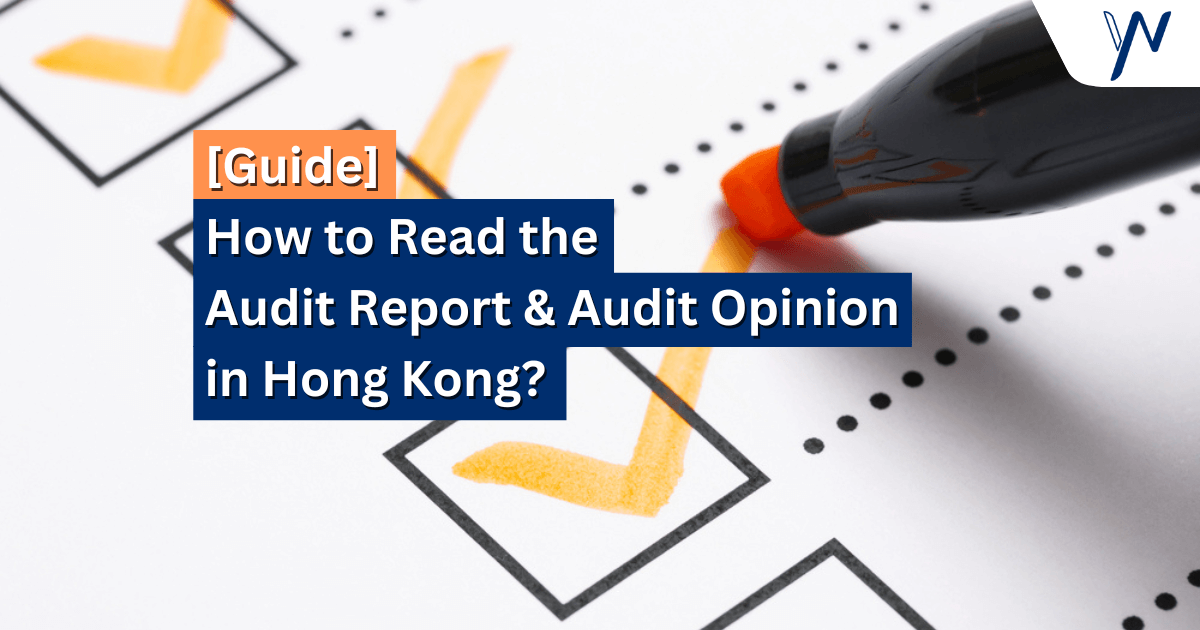Congratulations! You have your next million dollar business idea. Now you just need to setup your company and take on the world. You fire up the laptop and Google “Setup a Hong Kong Company”, and the search results are littered with a hundred different options, all seemingly telling you different things. This article will shed some light and arm you with some basic information to make an informed decision on how to get started.
We will walk through what type of company you should use, what you need to do to maintain a company, how much it will cost you, how to get started, and even a step by step guide to incorporating your own company all by yourself.
What is the difference between a Limited and Unlimited Company?
There are 3 main differences between a limited and an unlimited company, the level of liability, the status of being a separate legal entity, and compliance obligations.
Level of liability:
An unlimited company, as the name suggests, has unlimited liability for its proprietors or partners. In the event of a lawsuit against the company, the proprietors or partners are personally liable. This liability that the proprietors and partners bear also extends to the debts of the company.
A limited company can be either limited by shares or limited by guarantee. In both instances, the shareholders of a limited company are only liable to the extent of the shares they own in the company of the guarantee they’ve provided. In the case of a legal dispute involving the limited company, the shareholders would not bear any personal liability. The debts of the company owed to vendors and suppliers would not affect the shareholders. However, significant debts owed in the form of bank loans will usually require personal guarantees from the directors or shareholders.
Separate Legal Entity:
Limited companies are separate legal entities, and can be considered to be its own legal person, separate from its shareholders. As a separate legal entity, there is a degree of separation between the shareholders and the company. This allows the company to enter into legal contracts with both external parties and internal parties, like its directors and employees. Limited companies also live on past its owners, this means that even if the directors and shareholders of the limited company are deceased, the company can live on.
Compliance Obligations
Limited companies and unlimited companies have different compliance obligations. Due to its legal advantages and separate legal status, a limited company will have more compliance obligations.
Audited financial statements:
Limited companies are required to submit audited financial statements along with their profits tax return each year while filing their taxes. Whereas, unlimited companies file their taxes under the proprietor’s personal income tax. An unlimited company is not required to submit audited financial statements.
Registering and annual obligations:
Hong Kong limited companies are known to be easy to setup, but unlimited companies are even easier. Unlimited companies can be setup with minimal paperwork and the payment of the business registration fee. The unlimited company can be ready for use the same day the forms are submitted. Limited companies on the other hand require more paperwork, the appointment of a company secretary, and the payment of the incorporation fee aside from the business registration fee.
Limited companies need to file the Annual Return Form NAR1 with the Hong Kong Companies Registry each year aside from renewing the Business Registration Certificate. Unlimited companies are exempt from filing the Annual Return Form NAR1, and only need to renew their Business Registration Certificate.
Tax Rates:
Limited and unlimited companies pay different tax rates. Unlimited companies pay a tax rate of 15% (7.5% on the first HK$2 million of assessable profits), while limited companies pay a tax rate of 16.5% (8.25% on the first HK$2 million of assessable profits).
What do I have to do to maintain the Hong Kong Company? How much will it usually cost?
Unlimited Companies:
-
- Business Registration Fee – HK$2,150
- Tax filing
Limited Companies:
-
- Business Registration fee – HK$2,150
- Filing of Annual Return – HK$105
- Audited Financial Statements and filing of tax returns – fees are dependent on the size of the company
Here are the range of fees you can expect for the audit of your limited company.
How do I get started?
If you have made up your mind about what type of company you’ll need to incorporate, this is how you can get started. If you are still having trouble deciding what type of company is right for you, book an appointment with one of our advisors.
To setup an unlimited company, download the forms from the Hong Kong IRD website and submit the form and pay the business registration fee.
To setup a limited companies, this is the information and documents you will need:
- Company name
- Names, IDs, and addresses of the Directors
- Names, IDs, and addresses of the Shareholders
- Choose a Company Secretary (What is a Company Secretary?)
- Choose a Registered office address
- Decide on your share structure
If you want more information about the rules for Hong Kong company names, company secretaries, and share structures, give our guide to incorporation a quick read.
Should you use a service provider or incorporate the limited company yourself?
Did you know that it is entirely possible to incorporate a Hong Kong limited company by yourself, without the need of any service providers? In fact, we have a complete step by step guide on how you can incorporate the limited company by yourself.
If you decide that you would rather have a professional service provider setup the company, the setup process typically starts at HK$5,500. If you want to try to get the best deal possible on your company setup, most CPA firms will provide a large discount on the company setup fee, if you ask them to package the company set up service with their company secretary, accounting, and audit services.









